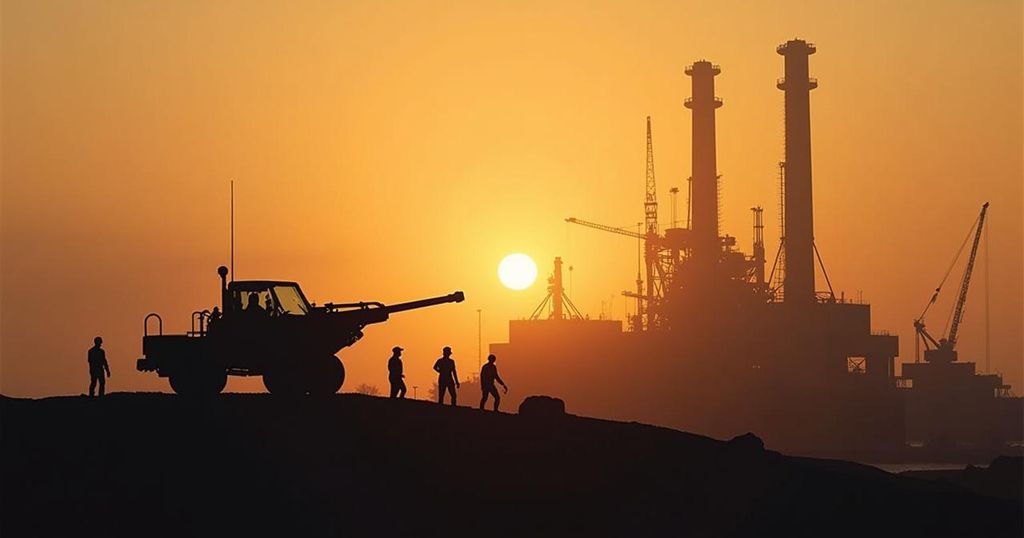Tatas Pioneering India’s Defence Manufacturing Abroad with New Moroccan Facility
Tata Advanced Systems Limited (TASL) is setting up a defence factory in Morocco, marking the first such initiative by an Indian firm abroad. The factory aims to produce 100 combat vehicles annually, with initial models of the WhAP expected within 18 months. This move is part of India’s broader push to enhance its defence exports to Africa, countering significant competition from nations like China.
Tata Advanced Systems Limited (TASL) has embarked on a significant milestone by establishing a defence manufacturing facility in Morocco, marking the first instance of an Indian company setting up a greenfield defence plant overseas. This factory is set to have a production capacity of 100 combat vehicles per year and is expected to be operational within a year, with the initial batch of WhAPs (Wheeled Armoured Platform) anticipated to be manufactured within 18 months. The WhAP vehicles, which are currently in limited use by the Indian Army at the Ladakh border, have undergone extensive trials in various terrains, including the deserts of Africa, before being selected for the Moroccan market. Sukaran Singh, the Chief Executive Officer and Managing Director of TASL, expressed the strategic significance of this contract for TASL, acknowledging Morocco’s partnership in the production and supply agreement. The establishment of this plant represents a notable advancement in India’s defence export scenario, particularly as the company seeks to penetrate the African defence market, which is projected for substantial growth in the future. Approximately 350 jobs are expected to be created at the new facility, while a considerable portion of production-related work will still occur in India. This development illustrates India’s efforts to expand its defence exports to Africa in response to increasing competition from countries such as China, which has emerged as a substantial player in the defence supply market there. The plant in Morocco is a vital step in enhancing India’s footprint in global defence manufacturing, with the WhAP being recognized as a successful example of indigenously designed public-private partnerships within the Indian defence sector.
India has historically been a major player in the global arms market, exporting defense platforms mainly to countries in Southeast Asia, the Middle East, and Africa. However, the establishment of a manufacturing facility abroad is a new venture for Indian defense firms. This strategic move aligns with India’s broader initiatives to enhance its defense capabilities and foster international partnerships. The success of indigenous defense projects, such as the WhAP, developed in collaboration with the Defence Research and Development Organisation (DRDO), showcases India’s growing technological prowess in the defense sector. The competitive landscape in Africa, previously dominated by Russian and European manufacturers, has seen a shift with China emerging as a significant supplier, prompting Indian firms to seek new opportunities in the region.
The establishment of Tata’s defence manufacturing factory in Morocco signifies a historic advancement for Indian defence exports, marking the first overseas manufacturing initiative by an Indian firm in this sector. This initiative not only underscores India’s capabilities in developing robust combat systems but also represents a pivotal entry into the rapidly expanding African defence market. With strategic partnerships in place and a commitment to leveraging indigenous technology, Tata is poised to make a substantial impact on international defence manufacturing.
Original Source: m.economictimes.com




Post Comment